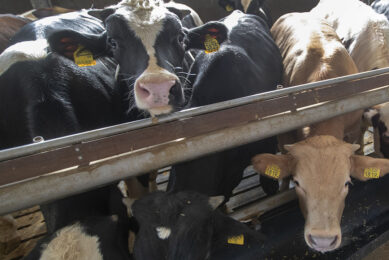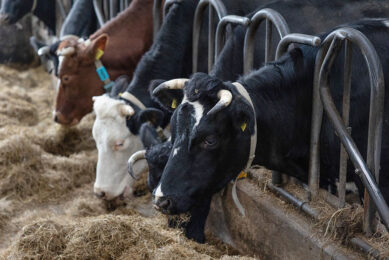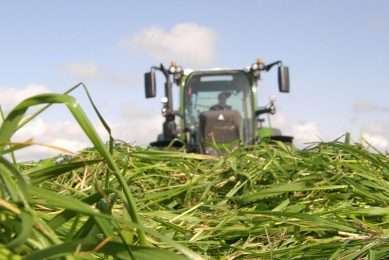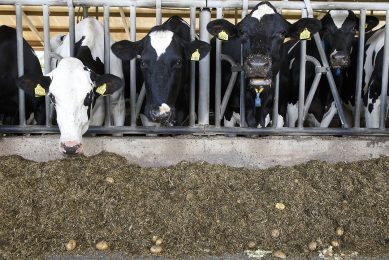Keeping feed records is very useful

Irish beef producers have proven that it is worth to keep accurate feed delivery records, since they stayed out of the dioxin contamination problems.
Unlike the pig sector the beef industry in Ireland was able to protect itself
from the unwanted economic damage, after cancer linked dioxins were discovered
in recycled animal feed.
Their salvage was based on accurate feed
delivery records and the ability to trace every animal fed and kept on an
individual holding, said the National Beef Association (NBA).
NBA admits
that the discipline required maintaining feed and equally useful medicine
records, on an almost daily basis can at times be considered an inconvenience by
some farmers.
No re-calls of Irish beef
A result of being able
to identify exactly which cattle were exposed to contaminated feed, and then
being able to conduct dioxin analysis on carcases already moving through the
food distribution system, the Irish authorities were able to restrict beef
sector damage to the destruction of only around 5000 cattle from 21 finishing
farms.
“It is also noteworthy that as a result of scientific evidence
provided from these analyses it was not considered necessary to re-call any
Irish beef and the only adverse trade responses came as a result of tougher
import inspection by Italy and precautionary moves against all meat from the EU
by South Africa, Russia and China,” NBA chairman, Christopher Thomas-Everard
said.
The NBA believes that another useful precaution for livestock
farmers is the requirement to keep a record of all feed deliveries, and also
have to store for one year, a sample of each batch of dry concentrate feed
delivered.











